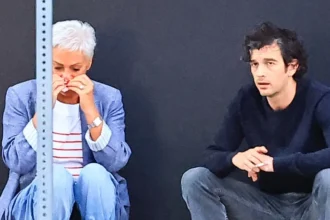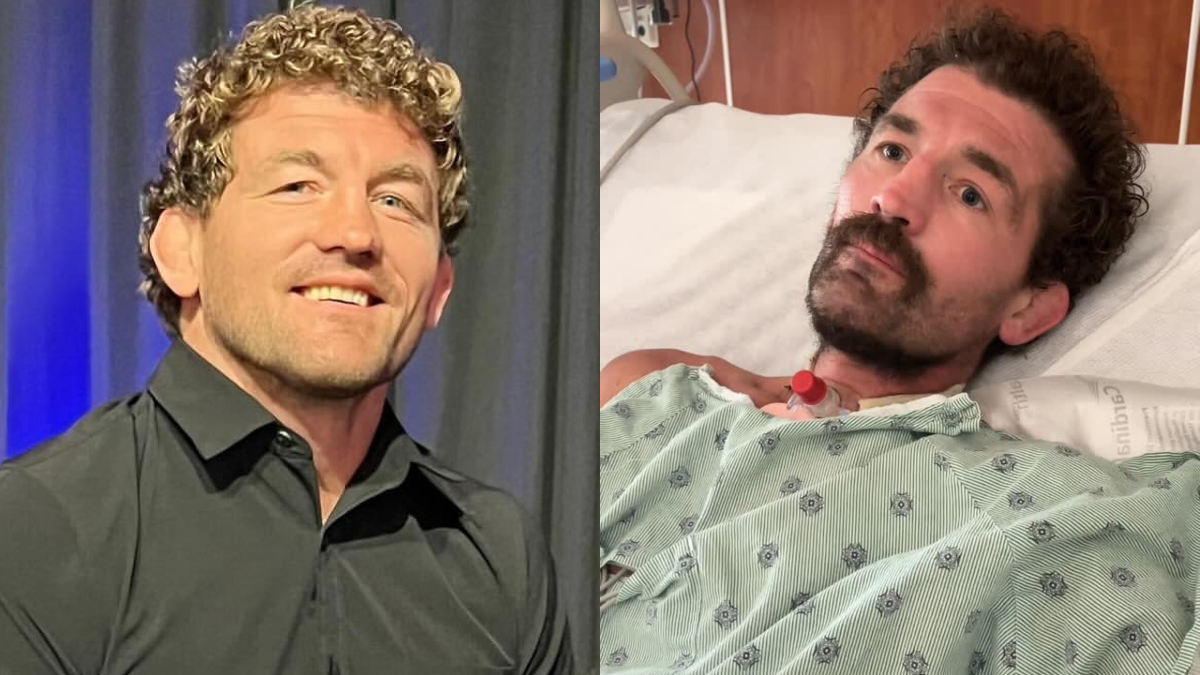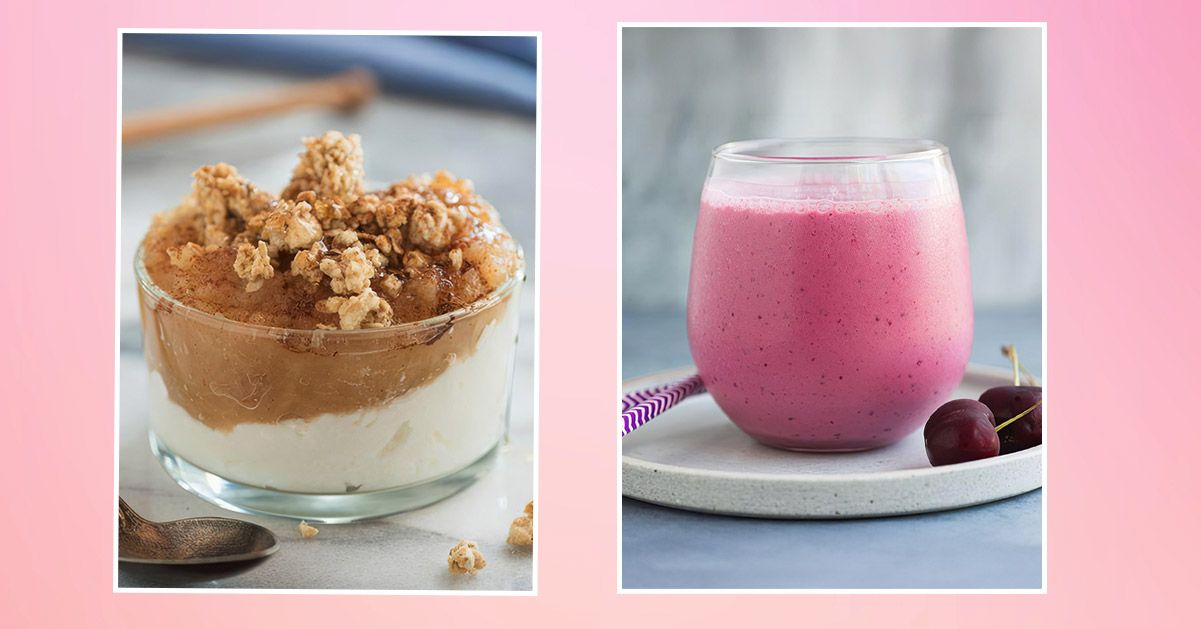If your anxiety is driven by negative thought patterns or false beliefs, psychotherapy can help. Here are some of your options.
Anxiety can seem to come out of nowhere, but in many cases, it’s being driven or worsened by negative thought patterns, underdeveloped coping skills, or deeply-ingrained unconscious beliefs.
This is where psychotherapy, or talk therapy, can make a big difference.
When you get to the root of the anxiety — whether it’s false beliefs, past trauma, or poor social skills — you can begin to heal from the inside out.
Psychotherapy options for anxiety
There are several types of psychotherapy that are effective for treating anxiety. Below are some of the most common approaches:
Cognitive behavioral therapy (CBT)
Cognitive behavioral therapy (CBT) is the most widely used evidence-based intervention for treating anxiety.
CBT interventions for anxiety focus on helping you change unrealistic beliefs about the likelihood and true cost of anticipated harms by using various cognitive and behavioral (e.g., exposure) techniques.
A 2018 review of 41 studiesTrusted Source suggest that CBT is an effective intervention for anxiety-related disorders compared with a placebo. Researchers found that CBT was most effective for treating obsessive-compulsive disorder (OCD), generalized anxiety disorder (GAD), and acute stress disorder.
CBT is typically used short-term (once a week for 3–5 months) and is focused on the specific issue you want to address.
Acceptance and commitment therapy (ACT)
Acceptance and commitment therapy (ACT) is based on the idea that painful thoughts and feelings are part of the human condition and that trying to avoid or control them only causes more suffering.
ACT may help you develop greater psychological flexibility by teaching you to accept your difficult thoughts and feelings in a nonjudgmental way. You also learn to take action on your values, even in the midst of your painful feelings.
ACT therapists use various mindfulness techniques as well as behavior-changing strategies.
ACT is often used along with other forms of therapy and can be delivered in individual or group settings. It can be used as a short-term intervention or extended over a longer period of time.
Exposure therapy
Exposure therapy is a type of CBT that gradually exposes you to the ideas or objects that trigger your anxiety or fear. This is done in a controlled and supportive environment so you can learn to manage your anxiety and reduce avoidant behaviors.
Exposure therapy can be effective for the following conditions:
Although OCD and PTSD are no longer categorized as anxiety disorders in the Diagnostic and Statistical Manual of Mental Disorders, 5th edition text-revision (DSM-5-TR), both disorders tend to feature high levels of anxiety.
Mindfulness-based cognitive therapy (MBCT)
Mindfulness-based cognitive therapy (MBCT) is a type of CBT that combines mindfulness meditation with traditional CBT techniques to help you manage negative thoughts and emotions, such as anxiety.
It’s typically done in a group setting but can also be done individually.
During MBCT, you learn how to:
- pay attention to the present moment in a nonjudgmental way
- identify and challenge negative thought patterns
- recognize and manage anxiety symptoms, such as rapid breathing, tension, and racing thoughts
MBCT can be effective for many types of anxiety disorders and is often used with other treatments, such as medication or other types of therapy.
Psychodynamic therapy
Psychodynamic therapy is based on the idea that many of our thoughts, feelings, and behaviors are driven by unconscious forces, including our past experiences and repressed emotions.
During psychodynamic therapy, you work to resolve these unconscious conflicts, feelings, and behaviors and learn to make more intentional and healthier decisions.
Psychodynamic therapy typically involves exploring your thoughts, feelings, and behaviors as well as your dreams and other unconscious processes.
Dialectical behavior therapy (DBT)
Dialectical behavior therapy (DBT) is a type of therapy involving both individual therapy and group skills training. DBT helps you work on emotional regulation, interpersonal relationships, and problem-solving skills.
DBT therapists use mindfulness techniques, such as deep breathing and progressive muscle relaxation, to help relieve anxiety in the present moment.
A study in 2020 compared the effectiveness of CBT with DBT in 68 participants with GAD. They found that CBT was better at reducing anxiety and depression, while DBT was more effective at improving emotional regulation and mindfulness.
Interpersonal psychotherapy (IPT)
Interpersonal psychotherapy (IPT) is a type of therapy that focuses on improving your relationships and social functioning. While not specifically designed to treat anxiety, IPT can be an effective intervention if your anxiety is related to your relationships or social interactions.
IPT can help you identify and work through problems regarding your communication skills and social functioning, which can reduce anxiety and other mental health problems.
Which therapy option is best for anxiety?
There’s no one-size-fits-all therapy for anxiety, and it’s important that you choose the one that best meets your needs.
For instance, if your anxiety is being driven by relationship stress, then IPT might be best for you. Or if you think unhealed past traumas are driving your anxiety, you might benefit from psychodynamic therapy.
How does therapy help with anxiety?
Therapy is quite effective for people with anxiety because it helps you:
- identify and change negative thought patterns
- learn healthy coping skills
- address underlying issues
- receive support and guidance
Bottom line
If you live with anxiety, therapy can help you work through your negative thought patterns and learn new coping skills.
There are many types of psychotherapy, and depending on the root of your anxiety, you can find an effective option that best suits your needs and personal preferences.














